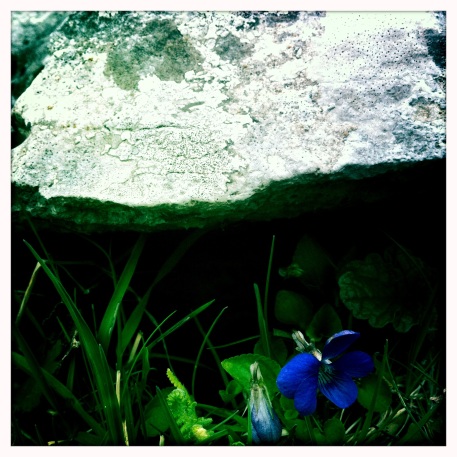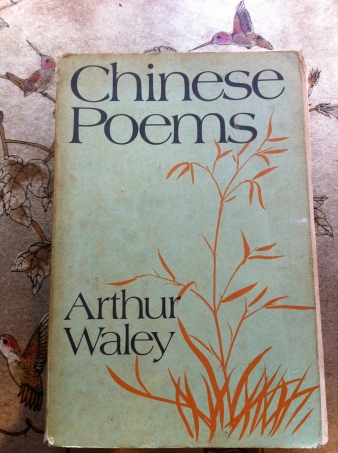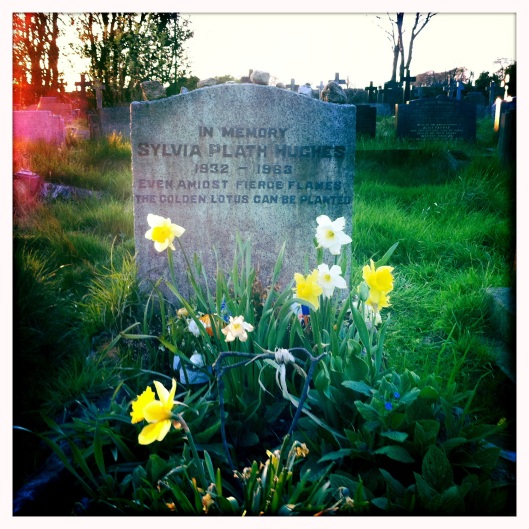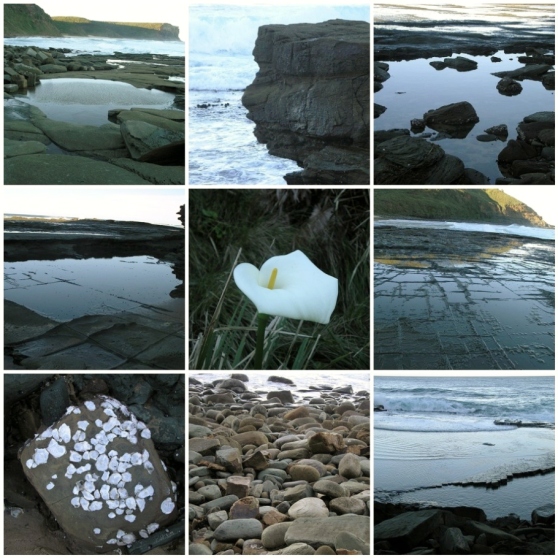 When I was in high school, I used to travel to stay with a friend and her family at a little cottage high on a hill overlooking beaches on the south coast of New South Wales. It was a wild place, wind-swept and exposed; you could sit on the bed at the back of the house and see hang-gliders cruising past like coloured seagulls surfing the wind’s current.
When I was in high school, I used to travel to stay with a friend and her family at a little cottage high on a hill overlooking beaches on the south coast of New South Wales. It was a wild place, wind-swept and exposed; you could sit on the bed at the back of the house and see hang-gliders cruising past like coloured seagulls surfing the wind’s current.
The house smelt of kerosene lamps, wooden floor boards and that not disagreeable but musty smell of holiday houses. Above all it was homely. There were books, blankets, beds and beaches. You could lie on the bed and read and sleep. There was nothing you absolutely had to do.
In that house, in those holiday breaks, I discovered something of the essence of poetry. I found an old edition of ‘170 Chinese Poems‘, one of Arthur Waley’s books of translation of Chinese poems, originally published in 1918. In there, I found what has since been one of my favourite poems, ‘People Hide Their Love’:
People Hide Their Love
By Wu-Ti, Emperor of the Liang Dynasty (AD 464-549)
Who says that it’s by my desire,
This separation, this living so far from you?
My dress still smells of the perfume that you wore;
My hand still holds the letter that you sent.
Round my waist I wear a double sash;
I dream that it binds us both with a same-heart knot.
Did you know that people hide their love,
Like a flower that seems too precious to be picked?
This poem, these words, have stayed with me over the years like an underlying theme. I owe to them, to Arthur Waley’s book of translations I found in that musty holiday house, my love of poetry. It was about this time that I started to write. I was not aware at the time but these words and the spare and simple beauty of Chinese poetry stitched their way into my heart.
I don’t even know what it all means that people hide their love. I do know that there are reasons why we might hide our love: circumstance, loss, not knowing if our love will be reciprocated, just not finding the time until it is too late, not knowing if it is the right thing to do or say, not knowing if it is the right person, not knowing if we are good enough, or so we say to ourselves. And through all this, there is a sense of intense longing that this poem so delicately captures.
Perhaps my love of poetry also is something I hide. I don’t talk about it, like it’s some rarefied jewel or hidden piece of me, sometimes held a little too preciously. I let it languish and there is a distance I feel from it despite it being the essence of me. The poems I have written over many years are the heart of me and yet feel so far away.
Perhaps there is something there also of not knowing if it is the right thing to do, if I am good enough (or so I say to myself), if there is really any point, of who will read these pieces of my heart anyway and what does it really mean to be a poet. And for these reasons, the distance can grow across the years with some time before anything else is written or said.
Perhaps we hide our love of valued things like poetry as well as people because it is too much for us, too precious, or we feel a sense of not being up to them. Sometimes this might be out of our control due to circumstance; sometimes we might impose this on ourselves, this hiding of our love becoming potentially a loss of ourselves and to ourselves and what we might otherwise be or create.
Why are we not saying what we think, what we feel, to people? Why are we not writing the poems that are in our hearts?
You can see why this quiet poem can be the voice of a lifetime.

Like this:
Like Loading...
 I visited Sylvia Plath’s resting place at Heptonstall in May last year. Coming from the other side of the world, I had somehow ended up in Hebden Bridge in West Yorkshire without any forward planning to be able to honour the poet whose work had impacted me so much over the years.
I visited Sylvia Plath’s resting place at Heptonstall in May last year. Coming from the other side of the world, I had somehow ended up in Hebden Bridge in West Yorkshire without any forward planning to be able to honour the poet whose work had impacted me so much over the years.





